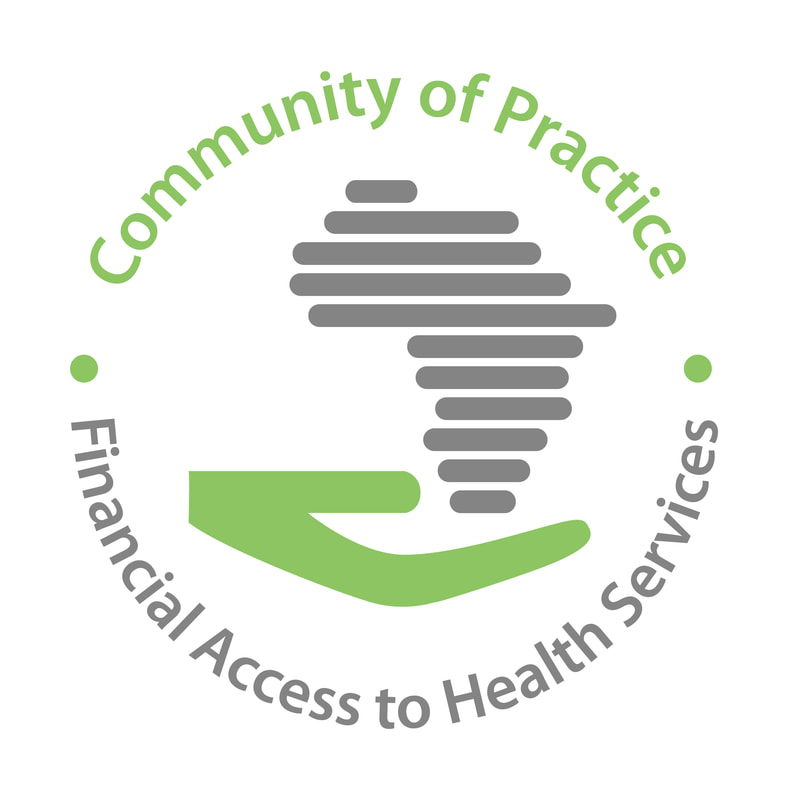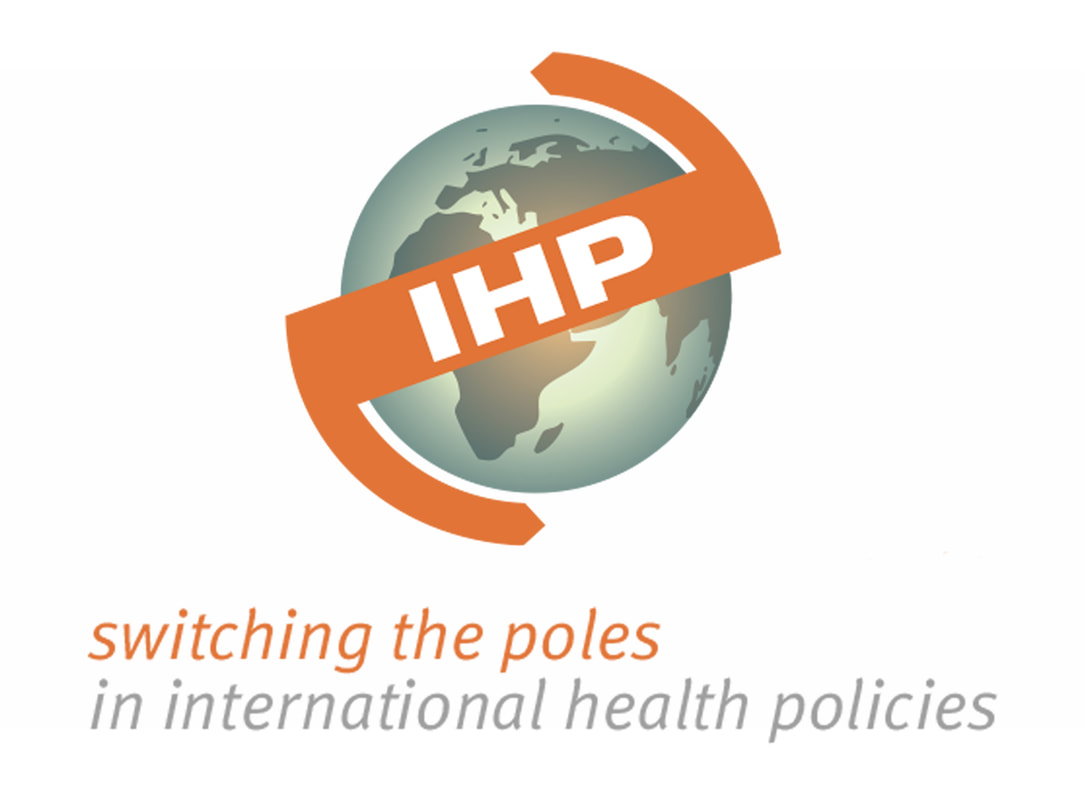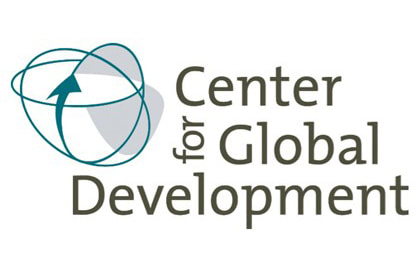[email protected]
How does performance-based financing (PBF) – or results-based financing (RBF) – affect equity? This is difficult to predict, especially when equity has not been taken into account explicitly in the design of the program. In fact, the effect can go either way. On one hand, the introduction of financial incentives to boost performance can be expected to encourage providers to concentrate their efforts on those population groups that are most easily reached, which is likely to increase certain disparities. Indeed, the most deprived are typically not found in those groups. On the other hand, if community health workers benefit from the incentives, for example, it is possible that service utilization will increase in more remote areas, which could reduce disparities.
In reality, the only way to know what the effect of PBF is on equity is to measure it. This requires the inclusion of equity in the program’s monitoring and evaluation system. But before that, the program will need adopt a clear definition of ‘equity’, which involves the specification of three elements: the dimension of reference, the stratification variable and the normative criteria adopted:
- Which equity dimension is the program concerned with: equity in health results (e.g. life expectancy, mortality, morbidity), in health service utilization, in health expenditure, or in protection against catastrophic health expenditures, for example?
- Between which population groups are the health disparities most pronounced? In other words, which stratification variables should be considered: gender, age, geographical location, ethnicity or socio-economic position, for example?
- What is considered to be an ‘equitable’ situation: equality between selected population groups; utilization of services according to need...?
These two first steps – the definition and measurement of equity – are absolutely necessary to better understand the equity situation and how it is affected by PBF. They are nevertheless insufficient if we want to ensure that PBF has a positive effect on equity. For that, it is equally important to explicitly incorporate equity in the objectives, the design and the implementation of a PBF scheme. All of this should ideally be placed within a more holistic reflection on the financing of the health system.
The question then comes down to “how to define, measure and incorporate equity in a PBF scheme”? Many members of the Communities of Practice (CoPs) “PBF in Africa” and “Financial Access to Health Services”, even though they recognize the importance of taking equity more explicitly into account in their intervention, may not have the necessary knowledge or tools to do so. They may also be seeking opportunities to collaborate with other members of the CoP on this issue. More fundamentally, we need to recognize that relatively little is known today as far as the equity effects of PBF are concerned.
It is in order to respond to this need that we have just launched a working group “PBF and Equity” at a workshop organized by the two CoPs in Bujumbura, Burundi, on April 16-20, 2012.
This working group aims to assist the members of the two CoPs:
- To better understand the different approaches to measure and analyze equity.
- To better understand how these approaches can be used in the context of PBF.
- To identify the approaches that are most relevant in a given context.
- To develop strategies to better integrate equity into a PBF scheme.
More generally, the working group intends to play a key role in stimulating the thinking around equity in the CoPs. This will be achieved through various activities, including:
- The dissemination of tools and methods to measure and analyze equity.
- The dissemination of concrete experiences, with their respective strengths and weaknesses.
o What is already being done in PBF schemes?
o What can be learned from non-PBF programs?
- Discussions around specific questions relating to PBF and equity.
The working group can make use of a number of communication channels to implement these activities. To a large extent, these are the channels that are already being used by the CoPs: email, online discussions, newsletters, blogs, readers club...
The working group is open to any member of either CoP who has a genuine interest in the topic and who is willing to contribute to certain activities, based on his/her availability and skills. At least 20 members have already expressed their willingness to be part of the working group and to contribute to its activities. Clearly, it will not be possible to implement all activities at the same time. Activities will need to be prioritized. This exercise will be guided by the specific needs expressed by CoP members and by the preferences of working group members. For some of the activities, it will also be necessary to make sure that the required resources, both human and financial, are available.
Initially, I will be happy to coordinate the efforts of this working group. I hope, however, that this task can soon be shared with or taken over by one or more active members of the group. I hope this new working group will be able, through its activities, to respond to the needs of the members of the CoPs, both in terms of knowledge and skills, and to encourage them to do whatever is needed to give equity the attention it deserves within PBF schemes. If you want to learn more about this working group and its activities, or if you are keen to join this initiative, feel free to contact me.






